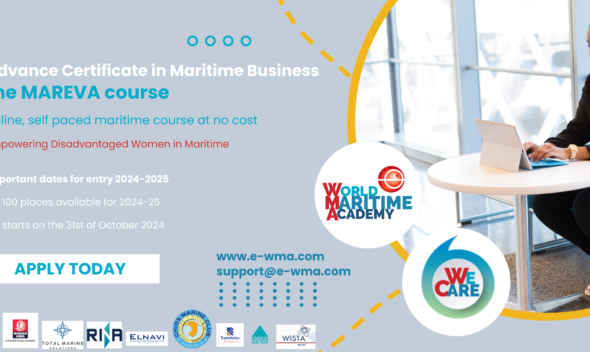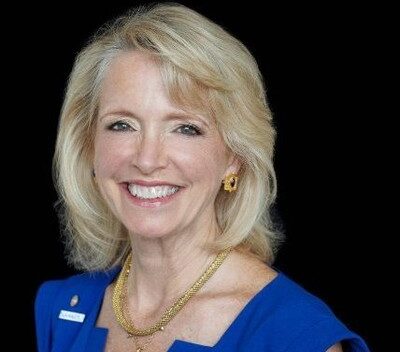Diploma in Maritime Business
The course aims to provide comprehensive insight into the shipping industry, offering in-depth and advance knowledge and skill which is essential for the shipping sector.
Diploma in Maritime Business
The course aims to provide a critical understanding on ports as facilitators of the transport of goods with emphasis in logistics, marketing & security.

Changing jobs in your 50s
Changing jobs in your 50s is entirely possible and can be a positive step in your career if done thoughtfully and strategically. While it may come with some unique challenges, there are also many advantages to consider. Here are some tips to help you navigate a job change in your 50s:
Self-assessment: Start by assessing your skills, experiences, and passions. Identify what you enjoy doing and what type of work aligns with your values. This self-reflection will help you target job opportunities that match your interests and expertise. Check out the SWOT U seminar.
Research the job market: Conduct thorough research on industries and companies that value experienced professionals. Certain fields may be more receptive to hiring individuals with a wealth of experience, so focus on those sectors.
Update your knowledge and skills: Evaluate the knowledge and the skills required in your target industry and assess whether you need to update or acquire new ones. Taking courses, attending workshops, or obtaining certifications can enhance your qualifications and make you more marketable. For a career in shipping check out the Diploma in Maritime Business, Diploma in Port Management, or the Certificates, as the Certificate in Chartering or Marine Insurance .
Network: Leverage your professional network and connections. Inform friends, colleagues, and acquaintances that you are looking for a new job. Networking can often lead to hidden job opportunities that may not be publicly advertised.
Tailor your resume: Craft a resume that emphasizes your achievements, skills, and relevant experience. Highlight your accomplishments throughout your career, showing how your past successes can benefit your potential employer. If you want help with your CV, then you may want to hire one of our experts to write it for you. Our CV writing service includes a dedicated CV writer, full consultation, bespoke CV written from scratch, and unlimited revisions until you are 100% happy. To get started, simply send us your cv at education@seaworks.uk.com
Be flexible: Be open to considering different roles or industries that may leverage your transferable skills. Sometimes, a lateral move can lead to new opportunities and career growth.
Address age-related concerns: Unfortunately, ageism can still be a factor in some job markets. Combat this by emphasizing your adaptability, willingness to learn, and how your experience brings value to the organization.
Prepare for interviews: Practice interview techniques and prepare for questions that might be raised about your career change or age. Emphasize your enthusiasm for the new opportunity and showcase your ability to adapt to change.
Financial planning: Changing jobs in your 50s may involve some financial considerations, such as retirement savings and potential changes in salary. Plan accordingly and seek advice from a financial advisor if needed.
Embrace the change: A positive attitude and adaptability are essential during any career transition. Embrace the new opportunity with enthusiasm, and don’t be discouraged by any initial challenges.
Remember that age can bring valuable experience and expertise that younger candidates might not possess. Focus on your strengths and the unique perspective you can bring to a new job. With the right approach and mindset, changing jobs in your 50s can lead to a fulfilling and rewarding career move.
Snapshot in SWOT U
The seminar helps you to apply your knowledge and skills in your personal and as work environment. SWOT is a useful aid, useful to YOUR thinking, helps you think and in turn informs your decisions.
Certificate in Chartering
The purpose of the chartering program is to provide participants with both the theoretical and the practical background of the subject of charterparties and chartering.














